Ab-e hayat ('Water of Life') (1880) by Muhammad Husain Azad (1830-1910) has been described as the 'most often reprinted, and most widely read, Urdu book of the past century'. Azad's masterpiece was the last classical anthology of Urdu poetry, and the first–and incomparably the most influential–modern literary history. It was also the earliest attempt to analyse along modern lines the historical and linguistic development of the Urdu language. In 'A-e hayat', Azad sought to preserve the 'lost heaven' of the old Delhi culture, destroyed during the Rebellion ('Mutiny') of 1857, and to keep its memory alive into what was to become a British dominated future. Azad was part of that last generation to know this magnificent world at first hand; his work has shaped the vision held of it by every generation since. 'Ab-e hayat' has been loved for its seductive prose style, colorful anecdotes, and vivd word-portraits. The combined scholarship and talents of Pritchett, and Faruqi, both renowned Urdu scholars, have resulted in this first-ever and fluent translation of a canon-shaping work. The book also features an independent introduction by each of these scholars with glossaries and further references.
Ab-e hayat: Shaping the Canon of Urdu Poetry
Out of stock
Out of stock
Free & Quick Delivery Worldwide
Bibliographic information
Title
Ab-e hayat: Shaping the Canon of Urdu Poetry
Author
Edition
1st ed.
Publisher
ISBN
195653580
Length
xvi+474p., 23cm.
Subjects

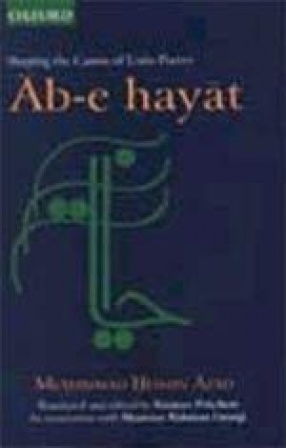
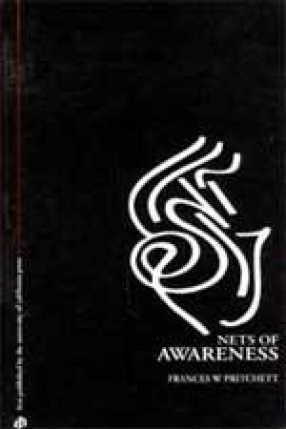
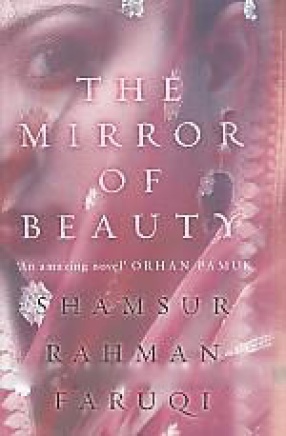
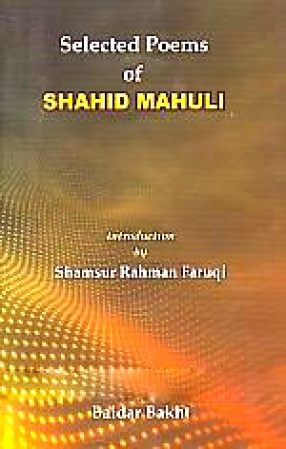

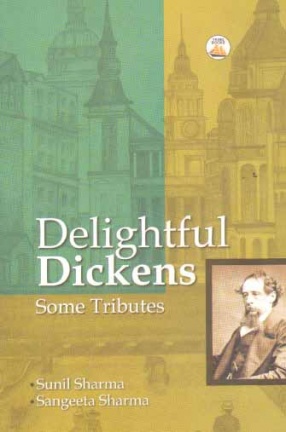
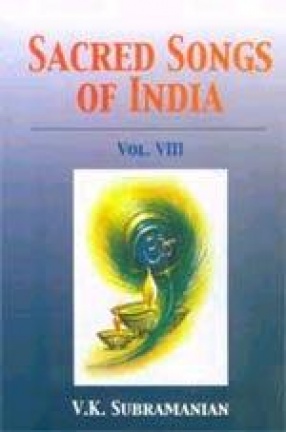
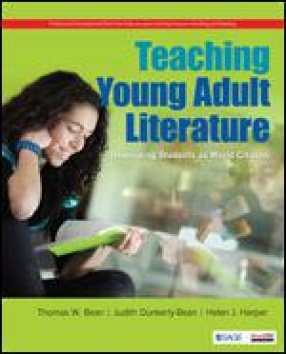
There are no reviews yet.